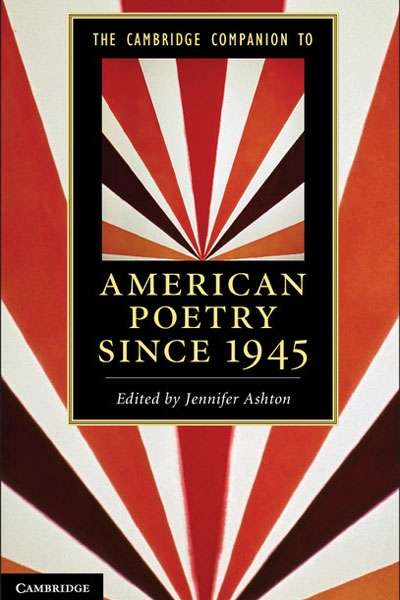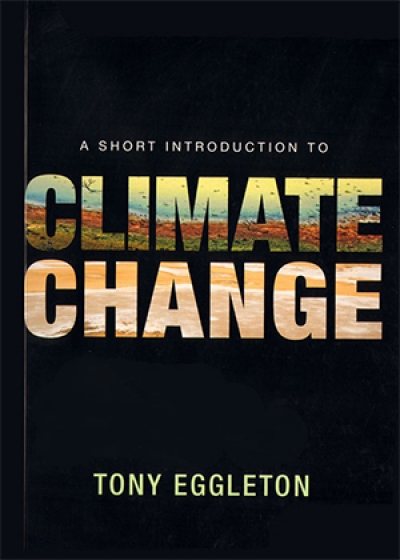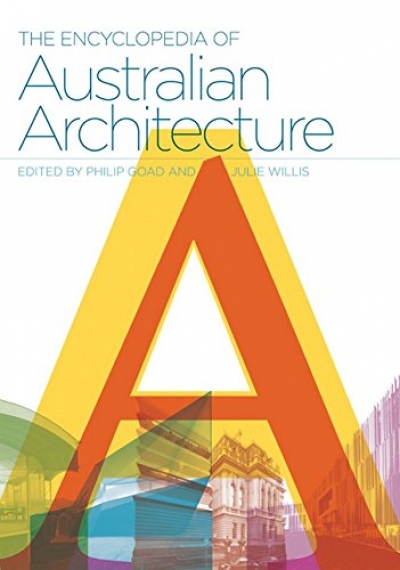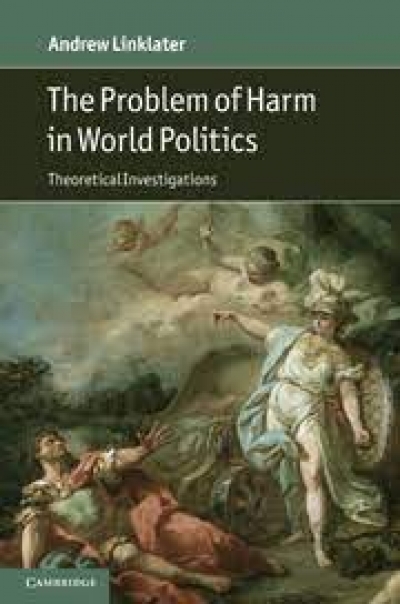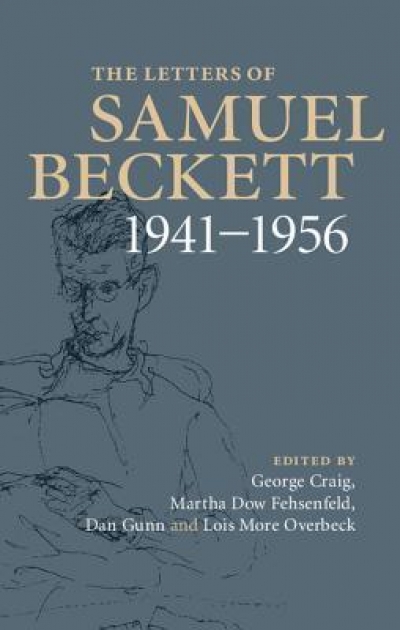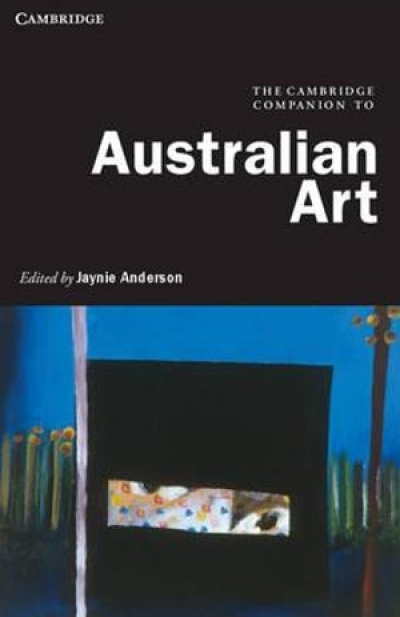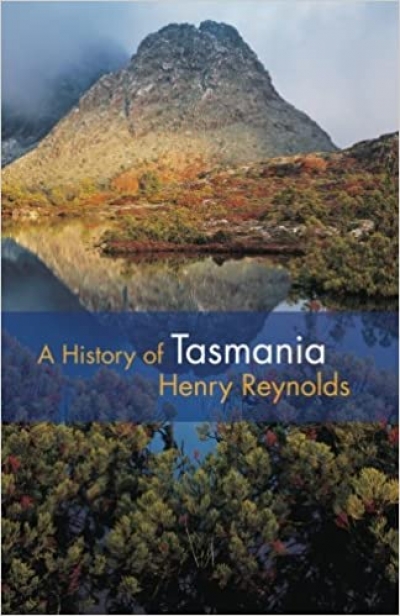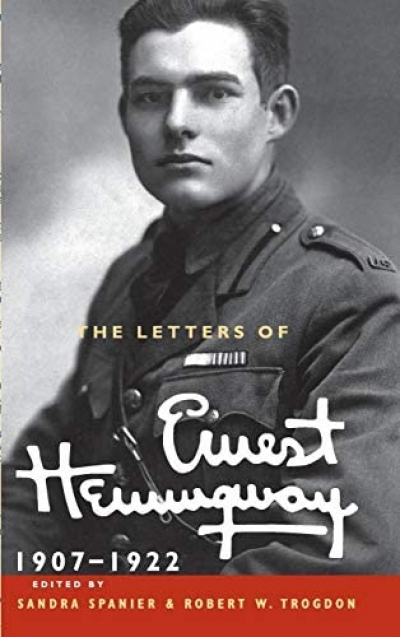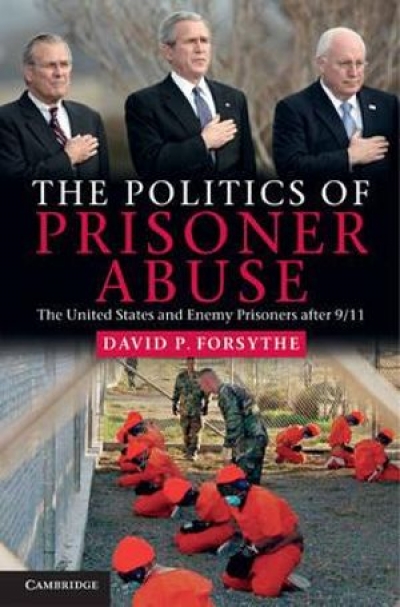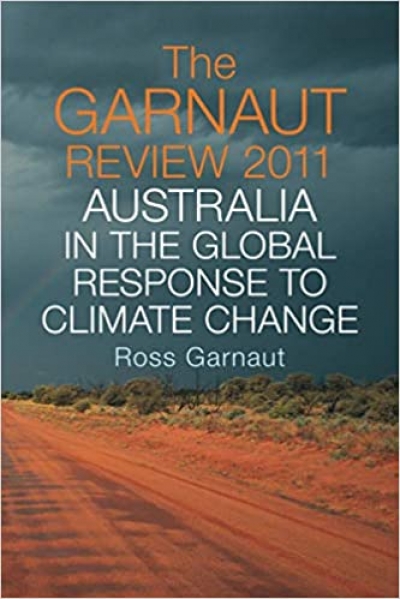Cambridge University Press
The Cambridge Companion to American Poetry Since 1945 edited by Jennifer Ashton
by Alexander Howard •
The Encyclopedia of Australian Architecture edited by Philip Goad and Julie Willis
by Gerard Vaughan •
The Problem of Harm in World Politics: Theoretical Investigation by Andrew Linklater
by NAJ Taylor •
The Letters of Samuel Beckett, Volume II: 1941–1956 by George Craig et al.
by Michael Morley •
The Cambridge Companion to Australian Art edited by Jaynie Anderson
by Andrew Sayers •
The Letters of Ernest Hemingway: 1907–1922 by Sandra Spanier and Robert W. Trogdon
by James McNamara •
The Politics of Prisoner Abuse: The United States and Enemy Prisoners after 9/11 by David P. Forsythe
by Alison Broinowski •
David Karoly reviews 'The Garnaut Review 2011: Australia in the Global Response to Climate Change' by Ross Garnaut
by David Karoly •
Climate change is often framed as a number of battles: between science and opinion, sustainable development and economic growth, government control and individual freedom, or environmentalists and business leaders. All of these are simplifications of the complexity involved in our modern world’s developing adequate responses to human-caused climate change.
... (read more)
